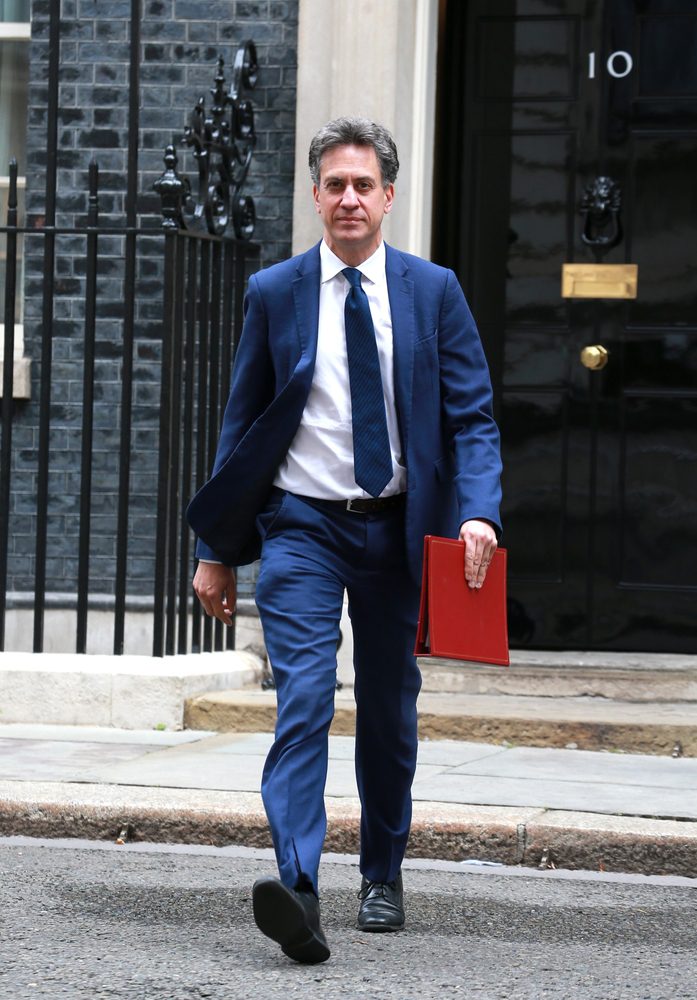The UK Government has significantly stepped up its clean energy and sustainability agenda in 2025, casting the transition to net zero not only as an environmental imperative but also as a cornerstone of national security and economic growth.
Across Parliament, ministers, peers, and committees have debated the country’s climate trajectory, with broad consensus on the urgency of action but lingering questions about costs, delivery pace, and how to secure public consent.
Political and Parliamentary Momentum
July saw the first ever State of the Climate and Nature statement delivered in the Commons, outlining a £7.9 billion package for flood defences and ecosystem restoration alongside commitments to expand heat pump installations.
In the House of Lords, peers echoed support for rapid climate action, with particular emphasis on biodiversity recovery and ensuring communities are engaged in decision-making.
Meanwhile, the Energy Security & Net Zero Committee interrogated Secretary of State Ed Miliband, who defended the Government’s Clean Power 2030 goal and highlighted achievements such as lifting the onshore wind ban, delivering the largest renewables auction in history, and reforming solar planning rules.
Alongside these measures, the flagship Great British Energy Act (2025) has established a state-owned company to co-invest in renewable and nuclear power projects.
Delivering on Clean Energy Commitments

The Government’s commitments are ambitious and multifaceted. Under the Clean Power 2030 mission, the UK is pursuing full electricity decarbonisation within five years. Great British Energy is already funding solar installations on 200 schools and 200 hospitals, while the £13.2 billion Warm Homes Plan aims to retrofit five million homes.
Nearly three million families are also set to benefit from the expanded £150 Warm Home Discount this winter. The £7.9 billion nature and flood defence programme represents another pillar of this agenda, promising investment in wetlands, peatland, and coastal barriers, supported by a forthcoming national land-use and energy spatial plan.
Scrutiny and Stakeholder Perspectives
Parliamentary committees have not shied away from highlighting potential risks. MPs and peers have pressed the Government on whether new green jobs will replace those lost in the fossil fuel sector, particularly in the North Sea.
Industry has called for clearer guidance on the future of Contracts for Difference (CfD) rounds, supply chain security, and grid upgrades. Unions, meanwhile, have welcomed the Government’s new recognition agreements in renewables and nuclear, but continue to stress the need for a genuinely just transition. Civil society groups are pushing for a Climate & Nature Act and stricter biodiversity safeguards as planning reforms unfold.
Progress and Ongoing Challenges

Nordic Studio / Shutterstock.
There is no doubt that progress is being made. Record-breaking renewable auctions, expanded nuclear investment, and insulation programmes signal momentum.
However, major challenges persist. Grid capacity and planning remain bottlenecks, with risks that deployment will outpace infrastructure upgrades.
The affordability of energy for both households and industry remains under pressure, and there are concerns about how to balance rapid deployment with nature protection.
Equally pressing is the question of workforce transition, as tens of thousands of fossil fuel jobs phase out.
Looking Ahead
The months ahead will be decisive. The CfD AR7 auction closed in August, with the results set to be announced in September, will determine where investment is headed in the push for both onshore and offshore wind production.
The passage of the Planning & Infrastructure Bill, and the initial rollout of Warm Homes retrofits will serve as critical benchmarks of delivery.
Medium-term priorities include finalising the land-use framework, advancing grid reform, and preparing for COP30. Yet risks remain—political pushback on costs, shortfalls in retrofit progress, and vulnerabilities in supply chains could all slow momentum.
Implications for Policy and Industry
For policymakers, the challenge is to balance the urgency of clean energy deployment with affordability, environmental safeguards, and social consent.
Industry players face growing opportunities in renewables, CfD auctions, and Great British Energy partnerships, but must prepare for stricter requirements around supply chain resilience and community engagement. Unions and civil society will be instrumental in holding government accountable on just transition and biodiversity commitments.
Final Thought
The UK’s clean energy and sustainability agenda is moving forward at pace, with net zero still commanding cross-party support.
Renewables expansion and new investment vehicles such as Great British Energy are reshaping the energy landscape, but grid reform, cost pressures, and the just transition remain pressing challenges.
The next 12 months will test whether the Government can turn its ambitious commitments into tangible delivery, and whether the UK can maintain its role as a global leader in the race to net zero.
Featured image via Shahed Mahmud Rifat / Shutterstock.

